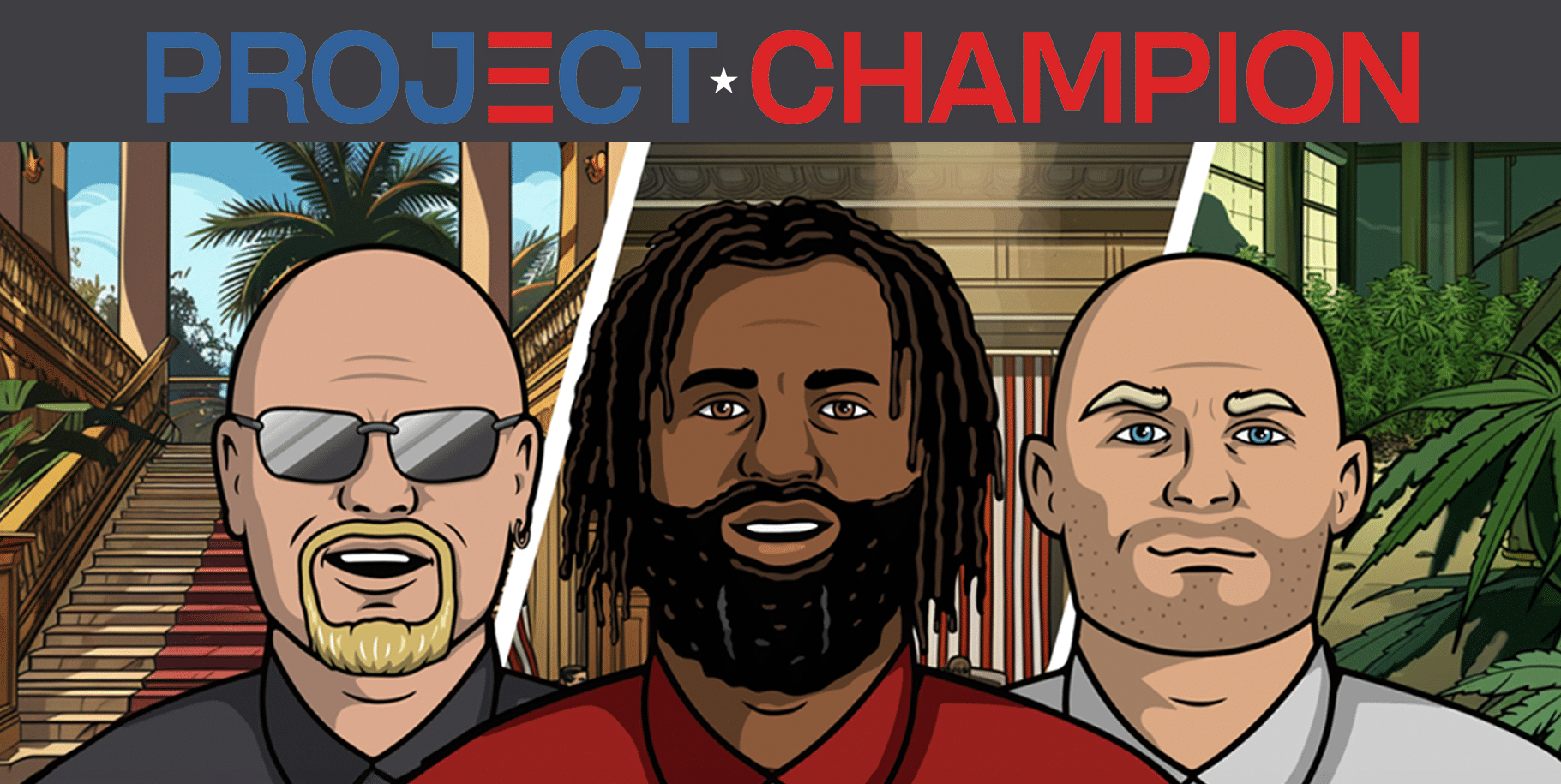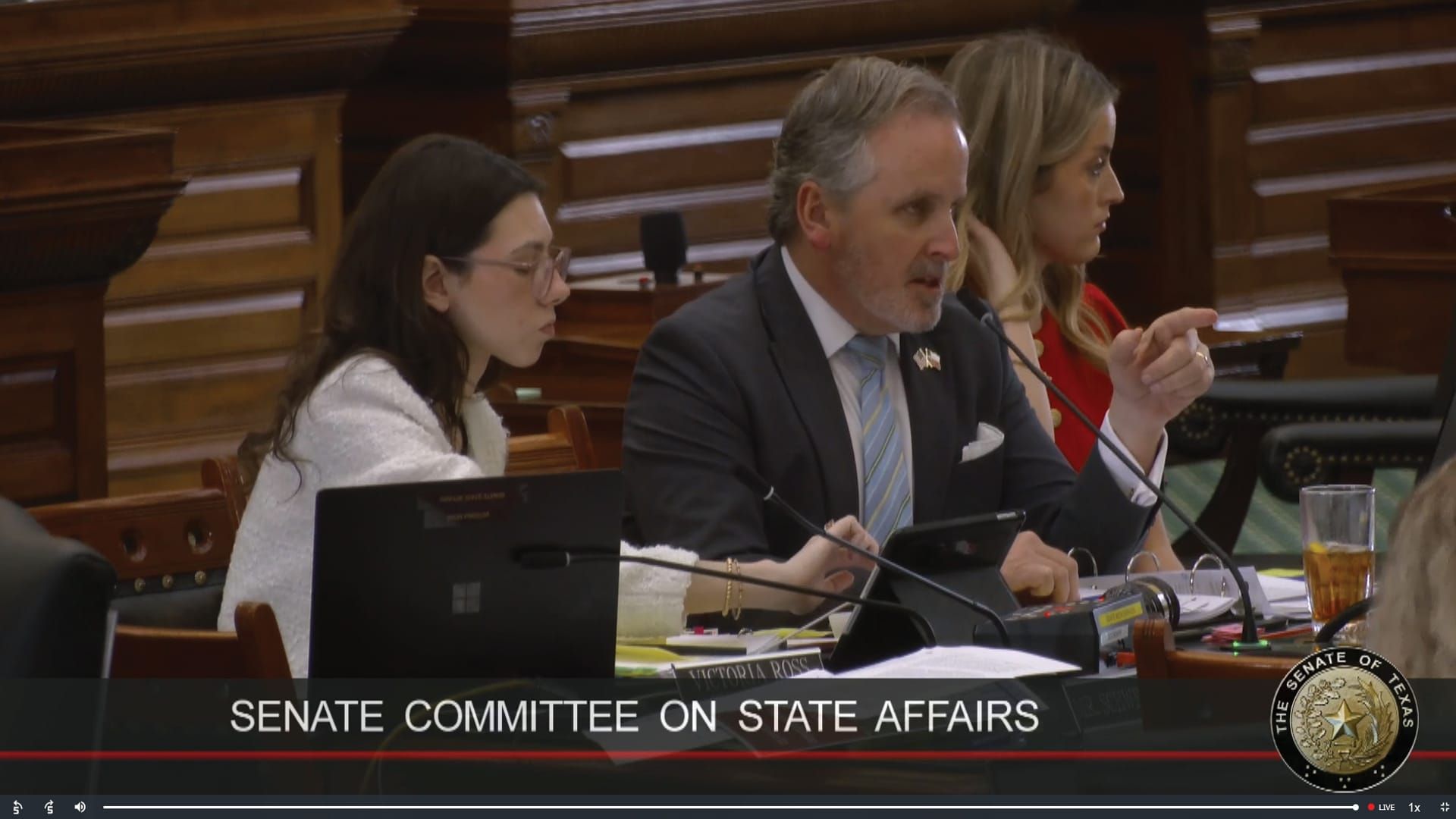Ricky Williams Joins SB3 Fight
Will $475,000 Campaign Help Bring a 4th Quarter Win?
Former Longhorn and Heisman winner Ricky Williams hopes to sway Texas lawmakers on cannabis legislation. He co-founded Project Champion with former NFL athletes Jim McMahon and Kyle Turley. Together, the trio hopes to use their influence — and a $475,000 campaign — to stop Senate Bill 3 in its tracks.
SB3 passed with bipartisan support through the Texas Senate on March 19. If the House passes the bill, it will ban THC in the state and kill an $8 billion industry.
“As former professional athletes, we’ve experienced firsthand the physical and mental toll of high-impact sports,” Project Champion’s website states. “Many of us have turned to cannabis as a natural solution for pain management and overall well-being.

Williams is no stranger to cannabis activism, as he was suspended from the NFL multiple times during his career for positive drug tests. In recent months, the league has loosened regulations surrounding cannabis. In 2023, Chiefs’ Travis Kelce told Vanity Fair that he estimates 80% of players use the substance.
On episode 134 of The Texas Hemp Show Podcast, Williams shared that he wished more pro-cannabis athletes would speak out – a mission Project Champion facilitates.
“The stigma is still strong,” he said. “I think people are afraid of it tarnishing their reputation. But to me, a reputation of being something that you’re not and pretending to that you are – not really worth it.”
With their NFL days behind them, Williams, McMahon and Turley have turned over new leaves as cannabis entrepreneurs. In recent years, Williams launched his Highsman brand, while McMahon and Turley have a joint venture called Revenant.
“To me, being an athlete is temporal, and people forget about you – unless you’re the best ever – people forget about you in a generation,” Williams told The Texas Hemp Show in 2023. “What I tell young athletes, I say, ‘Being a professional athlete in the long scheme of your life, it just gives you a platform to do something. But how are you going to use that platform?’ I feel very fortunate that I’ve been able to utilize my platform to touch and help and inspire a lot of people who don’t have any interest in football.”
The athletes work alongside the organization’s president, Gretchen Gailey, a seasoned Washington D.C. journalist who worked in the public affairs space and served as communications director for Congressman Bill Shuster (R-PA).
As part of their nationwide efforts, Project Champion lands earned media telling powerful cannabis stories. They have secured headlines on Forbes, MJBizDaily, Benzinga and Chron (to name a few).
Texas’ 89th Legislative Session ends June 2, and it is not yet clear when the House will vote on SB3. In the meantime, Project Champion plans to launch a digital advocacy campaign, host high-impact events and build coalitions.
For more information, visit projectchampion.org.





